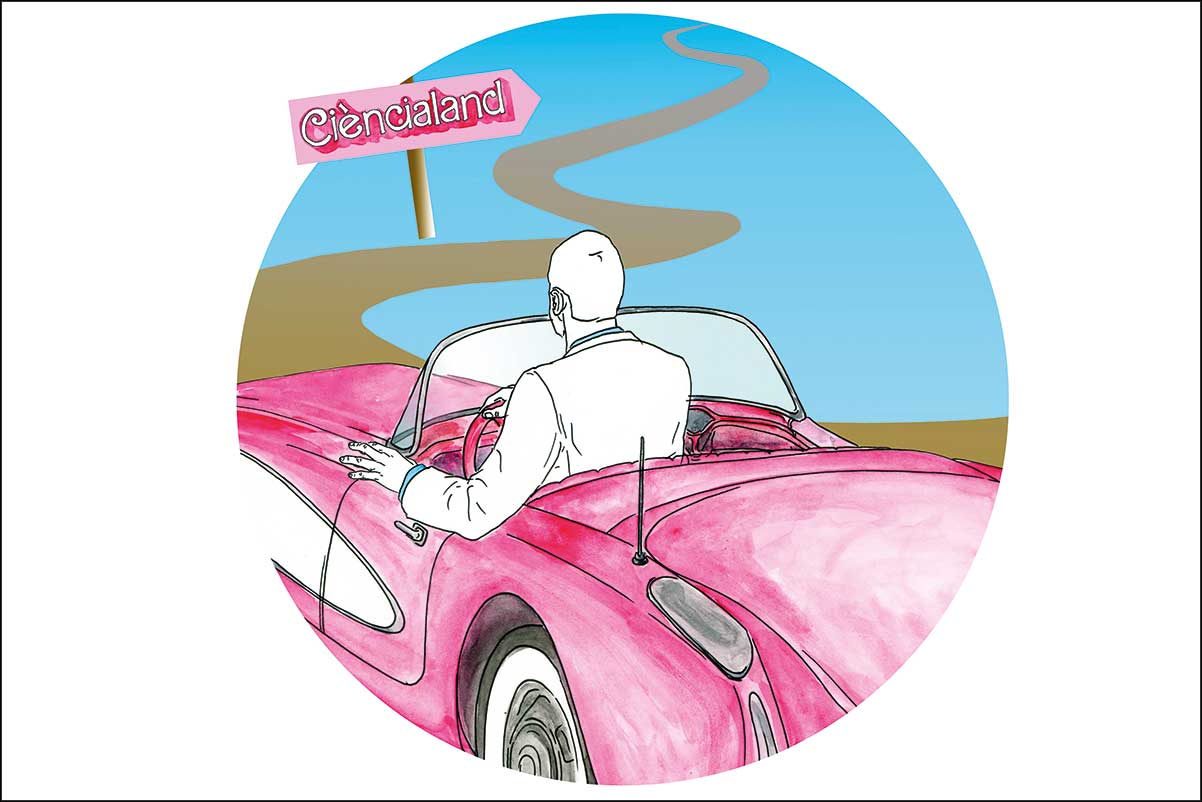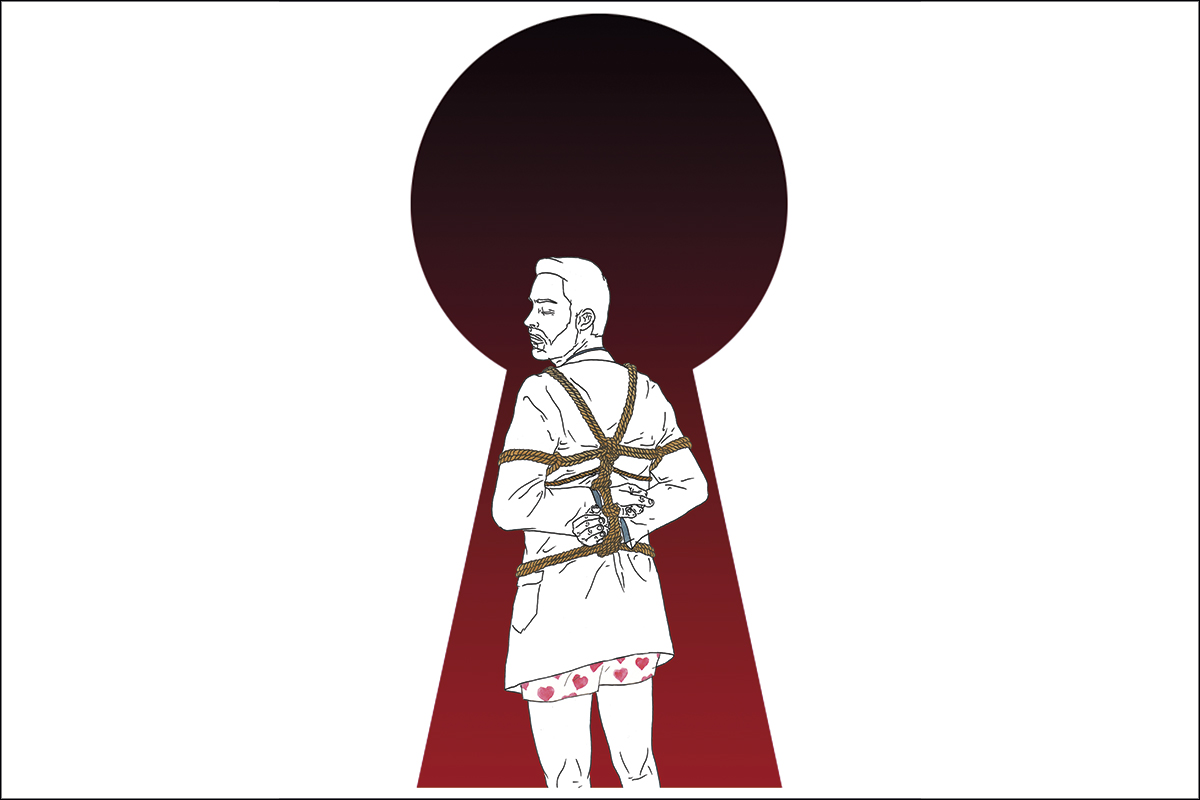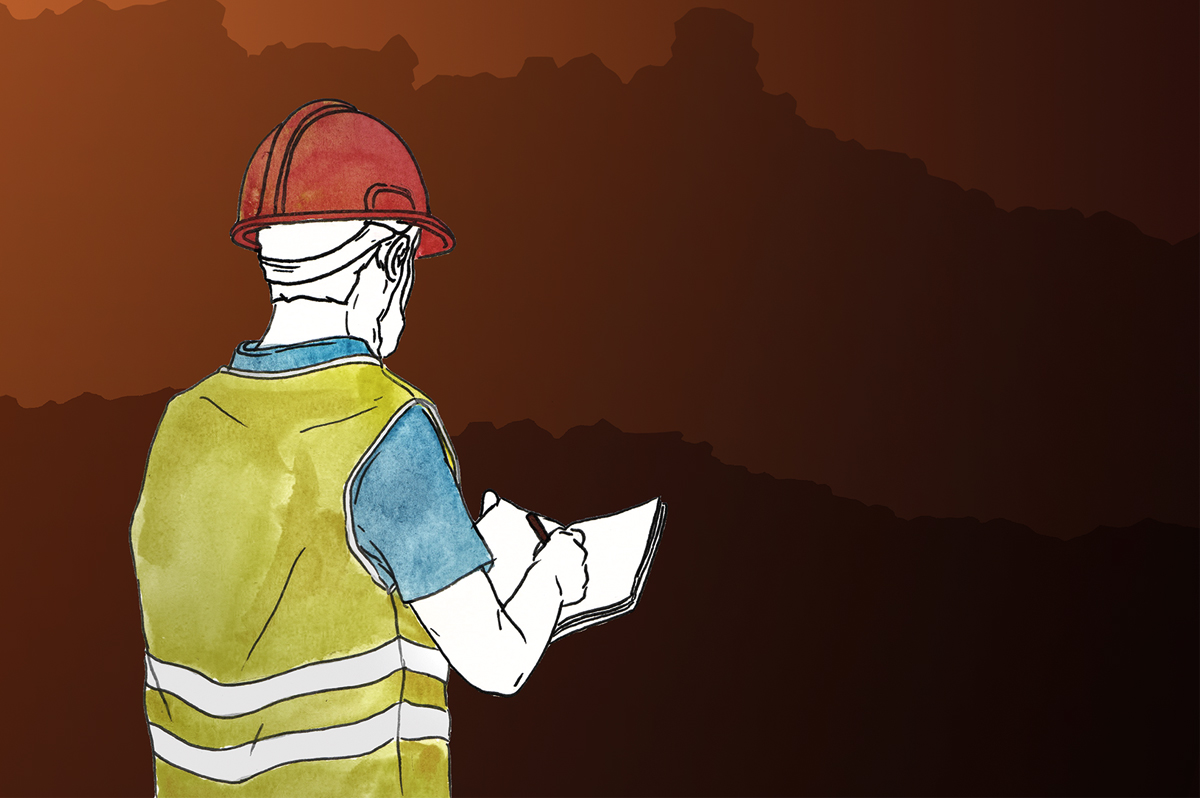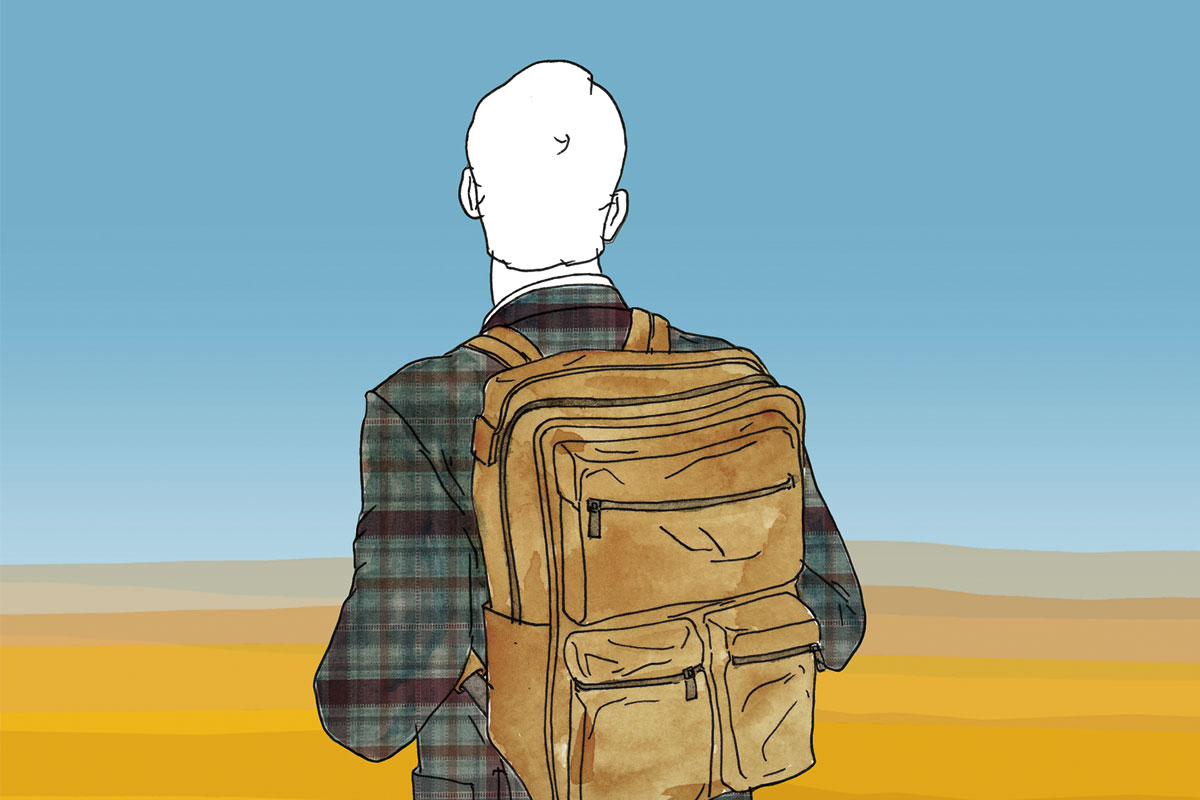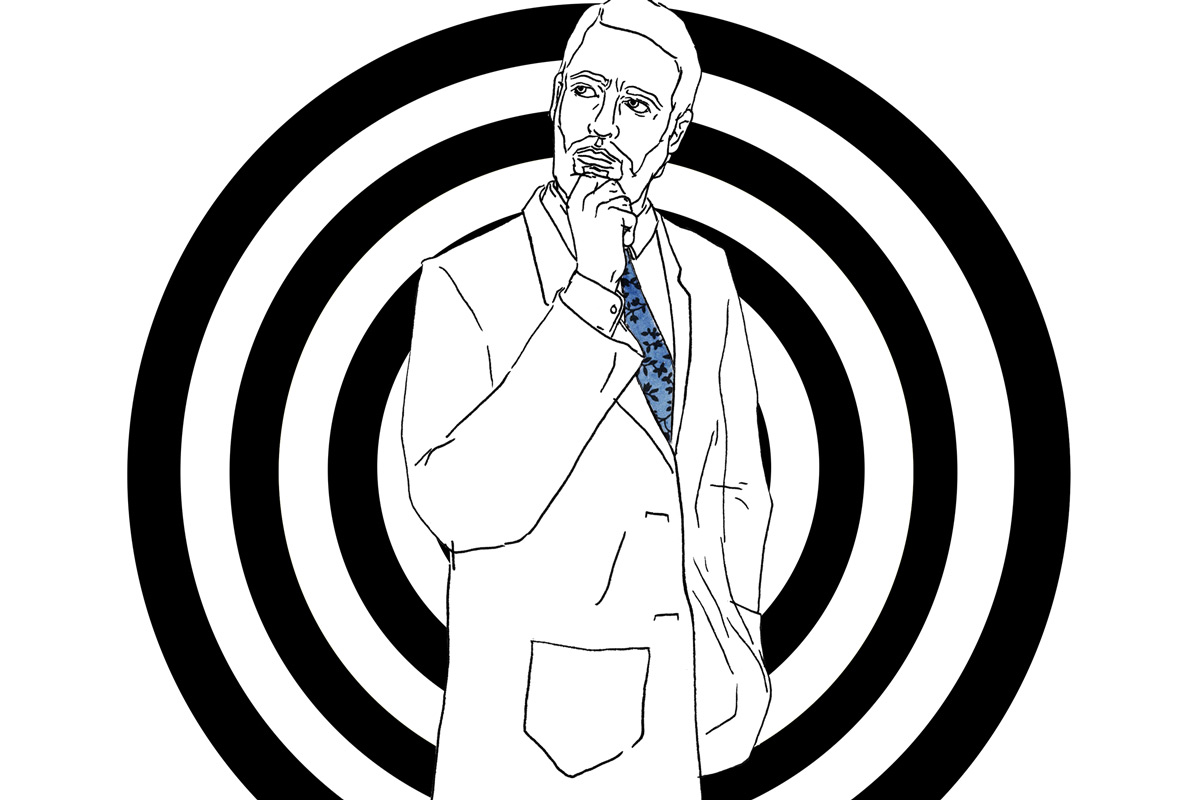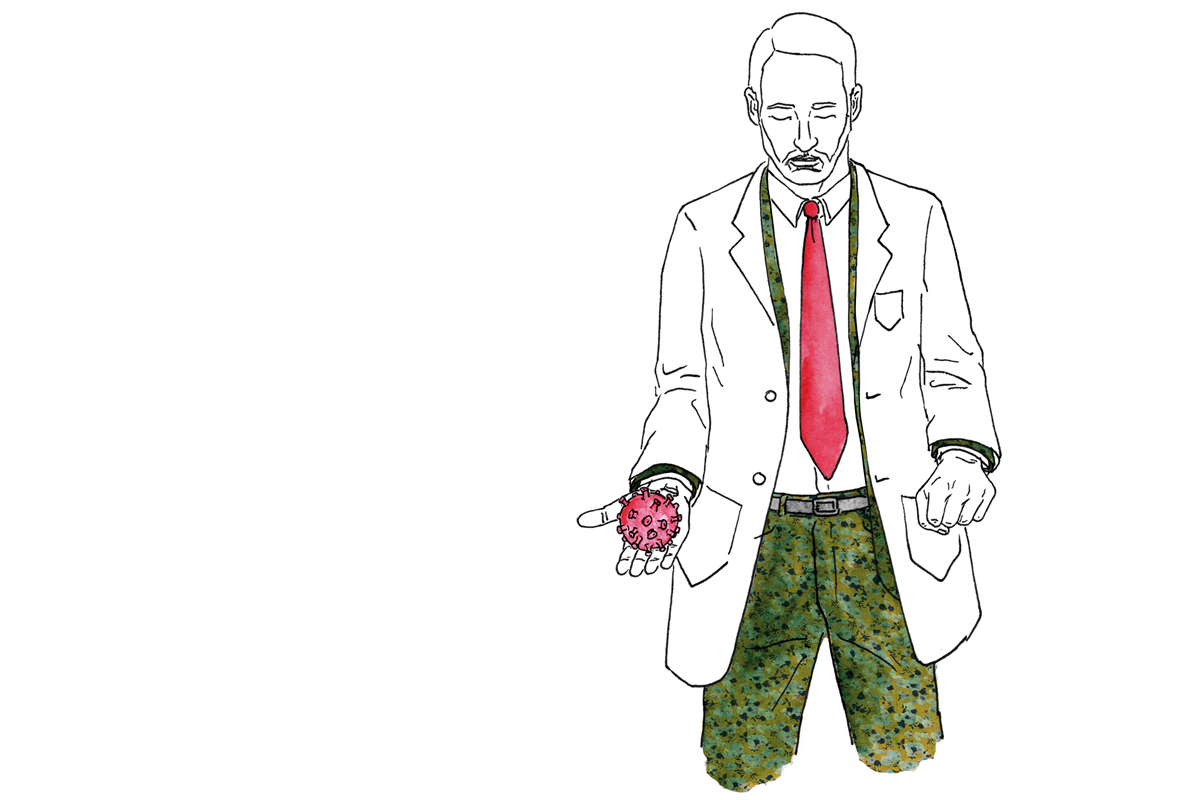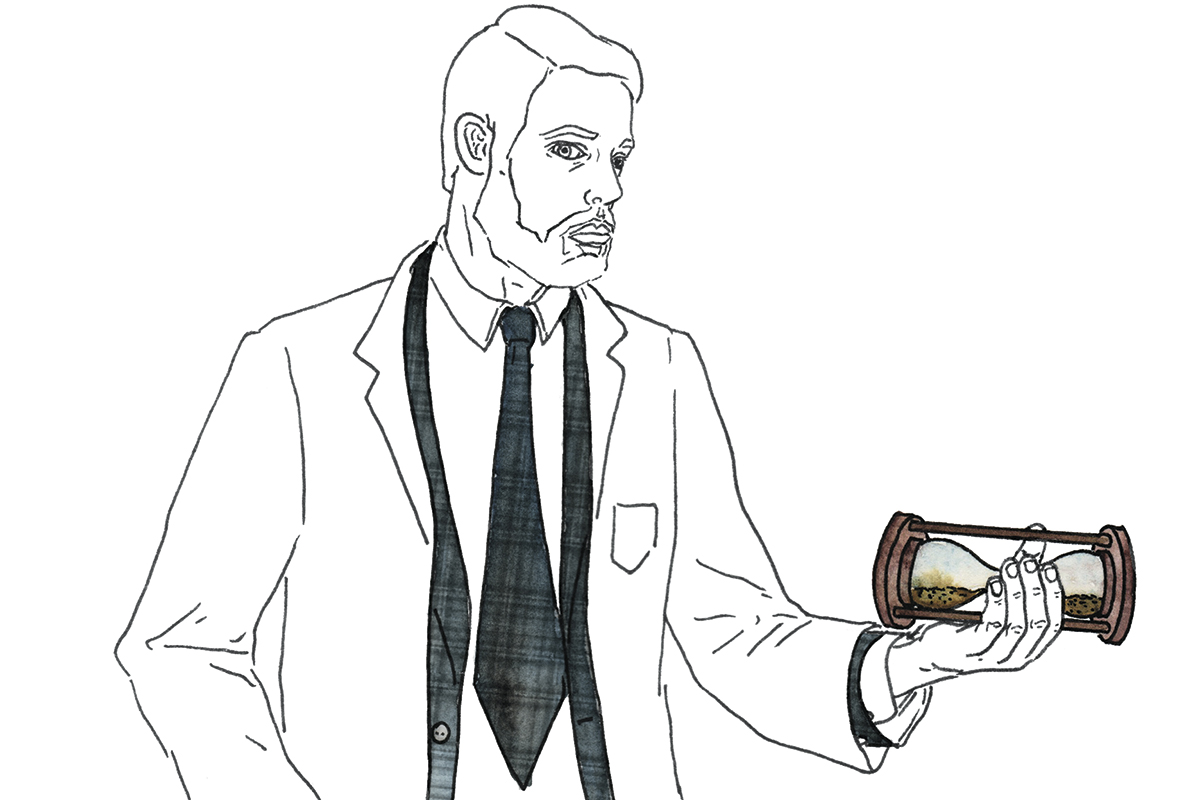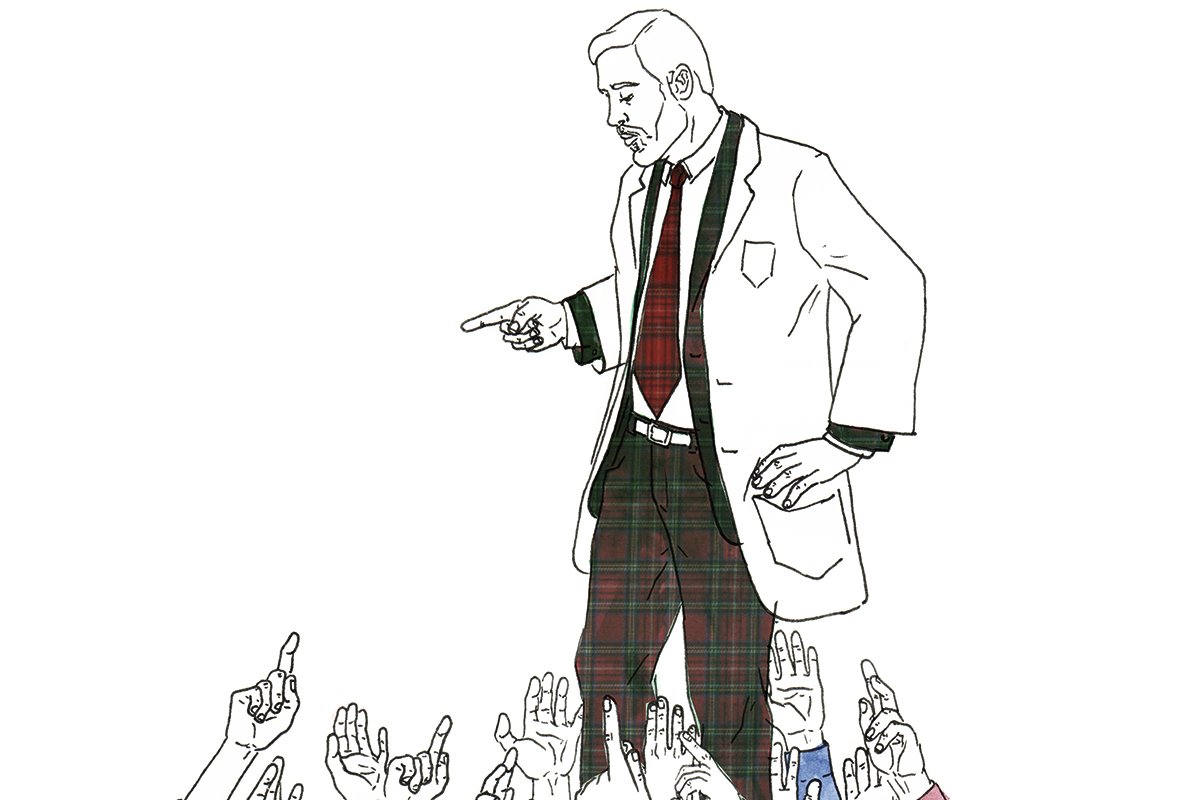Search
Pere Estupinyà
Writer and science communicator, Madrid. He is the host of El cazador de cerebros (La 2).
I suddenly imagined Barbieland to be the world where scientists live, where they research and reach conclusions from empirical data, share ideas constructively, and assume that all the knowledge they produce in their labs in Scienceland ends up impacting society with technologies and wisdom that improve our lives.
For the author, the study of sex is much broader and more interesting than we imagine, from the endocrine and physiological side, but also from psychology and sociology.
On 13 December 2021, the eruptive activity of the volcano of La Palma came to an end. Since before the eruption, science was essential to manage the crisis.
On 8 October, 2001, Pere Estupinyà started his career as a science communicator. He remembers the journey in this article.
Pere Estupinyà narrates his journey into Patagonia, where the Rewilding foundation develops conservation projects.
The author proposes to create the concept of «pre-scientific dissemination» to talk about scientific mysteries, enigmas, or hypotheses that could be confirmed or disproved by science.
As the debate on vaccines grows, people with doubts will dissipate them and take a stand for or against them.
The word science has never been as present in the media as it was during the COVID-19 pandemic, and if this continues to be the case in the coming months, it is very likely that something will remain even after the coronavirus disappears.
What do you feel when you thnk about science? There are people who feel nothing at all and so they prefer other readings. I imagine that you will have many different ones, but which is the most prevalent, the one that weighs most heavily?
If we want science to play a truly relevant social role, we must take the opposite path and respond with science to the questions and problems of individuals and society. We must treat is as a tool, not as the protagonist.

